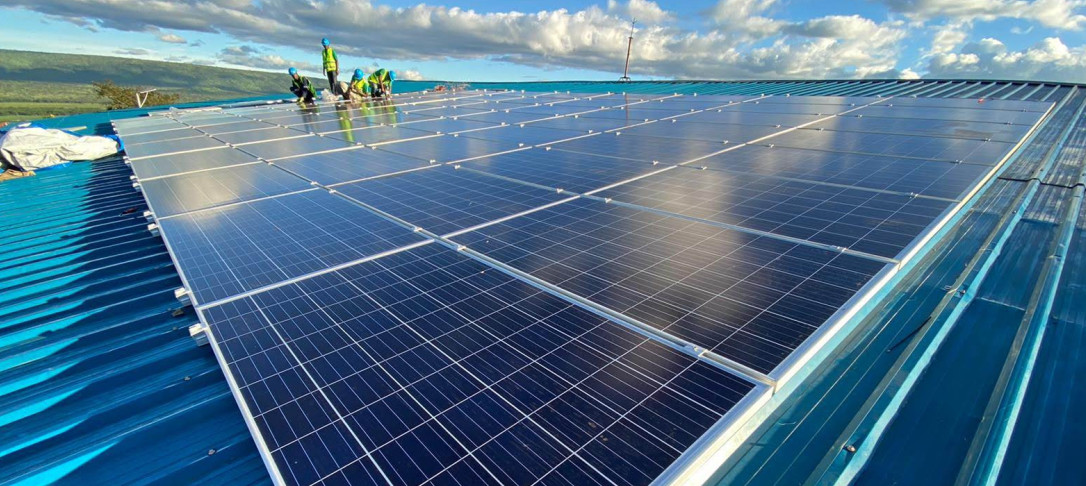
By shedding light on Rwanda, this event will present the insights from academic, NGO and private sector stakeholders currently working on mini-grid implementation in refugee camps in Rwanda and discuss their potential for further deployment in other humanitarian settings.
Background:
At present around 789 million people lack access to electricity, the majority of whom live in Sub-Saharan Africa, and so Sustainable Development Goal 7 aims to bring reliable, affordable and sustainable energy to all by 2030. In 2018 SDG7 was updated to explicitly include the needs of displaced people and combined with growing institutional support from international and development agencies, renewable energy technologies are being promoted as long-term sustainable solutions to meet the unmet energy needs of people living in situations of displacement. Mini-grids – decentralised electricity networks which can operate independently of the national grid network – are a leading option to provide high-quality renewable electricity to refugee camps in rural and remote areas of developing countries. They can both offset costly and carbon-intensive diesel generators currently used by humanitarian organisations and also provide new opportunities for displaced people to use electricity to start and grow their businesses, supporting their economic integration in the host country.
In this panel discussion, we will explore the situation in Rwanda, a country which hosts almost 150,000 people displaced from the Democratic Republic of the Congo and Burundi. With pragmatic policies towards the long-term inclusion of displaced people, and several ongoing projects which aim to bring sustainable energy access to camp-based refugees, Rwanda offers an insight into how to expand the benefits of electricity access to some of the most vulnerable people in society. We will focus on the opportunities for renewable energy mini-grids to provide electricity for camp operations and refugee livelihoods, reducing costs and greenhouse gas emissions as a climate-friendly solution to support essential services and sustainable development. We will present the insights from academic, NGO and private sector stakeholders currently working on mini-grid implementation in refugee camps in Rwanda and discuss their potential for further deployment in other humanitarian settings.